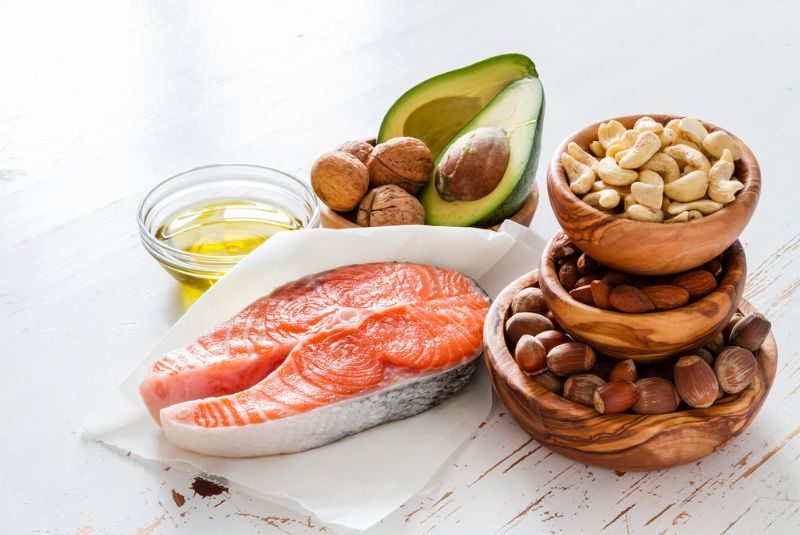What is Intermittent Fasting?
The term fasting is usually associated with starvation and unpleasant feelings. However, “Intermittent Fasting” or IF typically consists of periods of caloric restriction followed by periods of normal caloric consumption. It’s important to calculate your individual caloric needs first before beginning an IF diet. There are many different approaches to IF so you may want to try several before deciding which is best for your body and needs.
Types of Intermittent Fasting
One popular form of IF is called the 5:2 diet. With this form of IF, two nonconsecutive days of the week you will restrict your caloric intake, while the other five days you can eat normally. Alternatively, you can fast on a daily basis rather than weekly. Some popular forms of daily IF are the 16:8 diet, where you fast for 16 hours a day and consume all of your calories in an 8 hour window, and the 20:4 diet, where you fast for 20 hours a day and eat for 4 hours. Sometimes it helps to play around with different time increments to see what is easiest for you and your body to maintain.

Is Intermittent Fasting Healthy?
Many studies have shown that periods of fasting can really improve overall health. Fasting affects cellular function, killing off weaker cells and allowing stem cells to turn on. Stem cells promote regeneration and new cells take the dead cells’ place. Periodic fasting has been linked to reduced risk of heart disease, cancer, diabetes as well as reverse the unwanted effects of aging. Other studies have shown that fasting can reduce LDL (bad) cholesterol and increase insulin resistance, which stabilizes blood sugar levels.
The Downside to Intermittent Fasting
Oftentimes IF diets focus solely on caloric consumption and deprivation, not necessarily nutrition. Many people in turn tend to binge on unhealthy foods to make up for the time without food. Sometimes the human body can react negatively to fasting as well. Some people cannot handle their body with low blood sugar so they consume all sorts of unhealthy sweets to compensate. This is why it’s incredibly important to find a balance when practicing IF. When it’s time to eat, consume lots of fresh fruits and vegetables as well as healthy sources of fat and protein. This will help your body fight unhealthy cravings and keep your weight loss and health goals on track.
Bottom Line
It’s important to listen to your body when trying any new diet out, especially with IF. Try it out for a few days to a week and monitor how you feel. Sometimes it takes the body a few days to get used to functioning with periods of less calories. Not everyone is suited for IF, so don’t feel bad if it doesn’t work out. The most important thing is to eat a healthy, balanced diet that meets your individual nutritional needs.




